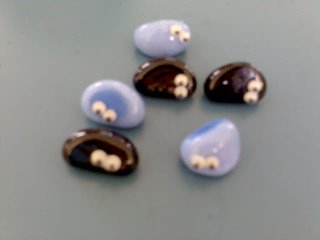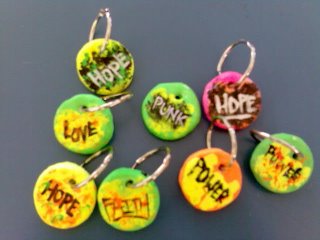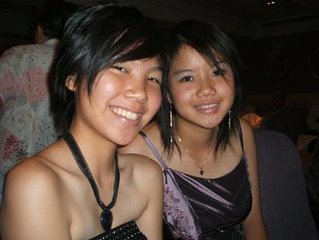
Hi, it has been a busy week for me. Besides work, I also forked out time to help my youngest girl in her Charity project – Vibrant Colours.
The team of 10 Sec 3 girls have chosen to sell things at flea markets to raise funds for The Singapore Olympics or also known as Special Olympics.
What is Special Olympics?
It is a worldwide sports and physical training programme for all intellectually disabled people above 8 years old with a mission to:
· provide year-round sports training and athletic competitions in a variety of Olympic-type sports for children and adults with intellectual disabilities
· give them continuing opportunities to develop physical fitness, demonstrate courage, and experience joy
· participate in the sharing of gifts, skills and friendship with their families, fellow athletes and the community.
Special Olympic was established in 1968 by Mrs Eunice Kennedy Shriver, sister of the late President John F. Kennedy. Today, more than 140 countries have adopted the program.
Summer Sports include Aquatics, Athletics, Basketball, Bowling, Cycling, Equestrian .
Soccer, Gymnastics, Roller Skating, Softball, Tennis, Volleyball.
Winter Sports include Alpine Skiing, Cross - country, Skiing, Figure Skating, Floor Hockey, Poly Hockey, Speed Skating.
Demonstration Sports include Badminton, Golf, Powerlifting, Table Tennis, Team Handball.
The Special Olympics program in Singapore started in 1983 as a joint committee of the Association of Educationally Sub normally Children and the Movement for the Intellectually Disabled of Singapore. In 1991, it was registered with the Register of Societies as a independent voluntary welfare organization. In 1994, as a charity with Commission of Charities, it is affiliated to the Singapore National Olympic Council and the National Council of Social Service.
However, it is not a beneficiary of the Community Chest. Therefore, it has to raise funds for its operation. The program provides ongoing sports training and competitions to some 2500 intellectually disabled athletes from 20 centres. To find out more about their activities, you may click on to: http://www.dpa.org.sg/sports/olym.htm
Preparation for this charity event includes collection of saleable and used items from friends and relatives. Besides being their temporary financier, I also look for stuff at home to be ‘disposed’ off or recycled items (bags of all kinds).
The first flea market activity was on today at Blk 329 Bukit Batok. Although only $77.50 was collected, the girls are still in good spirit. They will be selling again from Dec 1 – 3 at SMU.
Friends and parents who have logged in, look out for more details in my next blog. Come on down to SMU during the 3 days. Do your bit for charity. Will also share with you what has been learnt and tips to make such events a success . . .








